By Renée Tillotson
Am I really going to write to you about some Korean drama mini-series? Seriously?
Yep.
And this is somehow related to the living of Life at the Center?
Uh-huh. Definitely.
So, my husband Cliff and I have become steady watchers of K-dramas. I have such a vivid imagination and such a deep, deep love of stories, that a well-told and enacted tale – whether on stage, at the cinema, or at home on TV – can transport me over the cares and efforts of the workday.
This IS Valentine month, after all, and Cliff and I are celebrating our half a century anniversary of meeting each other in February 1975. So it should come as no big surprise to you that we have only watched the K-drama romances! As he was recently about to leave on a two-week road trip, Cliff selected a new Korean series for us. We’re now watching the show together, apart, sharing notes across time zones, episode by episode.
We have several criteria for watching any show. First, it needs to contain characters we really care about. Secondly, we want to watch the characters develop and transform over the course of the story. And, finally, we look for a plot line that progresses and resolves into a satisfying ending – not necessarily happy, but at least it feels karmically just. The K-dramas we’ve watched to date check all those boxes and more.
In times when we find much of our media to be dark, dystopic, jaded, violent and pretty scary, the K-dramas we have watched offer uplifting and important life implications. Basically, these series convey a refreshing confidence in human nature.
The Extraordinary Attorney Woo initially got us hooked on K-dramas. In it, a young woman who is debilitatingly autistic also turns out to be an absolutely brilliant litigation lawyer. Her quaint quirkiness includes a childlike fascination for whales, which randomly appear in her imagination, especially when she’s having grand epiphanies – sometimes in the courtroom! Although she has to use flashcards to teach herself the meaning of people’s facial expressions, she ends up having deeper insights about her clients than her “normal” co-workers do.
I could spend this whole letter telling you about Attorney Woo. Suffice it to say that this remarkably captivating young woman gave me more insight and respect for the mind, feelings, challenges and perspectives of someone living on the autism spectrum than I ever didn’t know I was lacking before…if you can catch what I mean from that awkwardly written sentence!
Hoping that you will put the Attorney Woo series on your Must Watch list, I’d like to share with you our Korean favorite so far: Crash Landing on You. No need for a spoiler alert: I won’t tell you too much to ruin it for you!
As one online commentator noted, series from other countries – such as Indian Bollywood or American or even many British TV series – tend to extend themselves from one year to the next to the next, until they finally peter out through poor ratings. K-drama writers, in contrast, tightly construct their storylines so that they often wrap up in one long, satisfying season of about 16 episodes.
Right from the get-go, we usually care about one of the two main characters, although we’re not always enamored of both. One member of the potential couple often displays an off-putting personality that makes us wonder what on earth the other person is going to find attractive about them – other than their good looks, with which their lead characters are always well-endowed.
Let’s take a peek into Crash Landing on You, which starts with a seemingly self-centered, glamorous businesswoman from a wealthy family in Seoul, South Korea. Needing to take a break from it all, Se-ri goes up into the mountains and takes off on a paraglider. As she is soaring high, she is suddenly engulfed in a swirling tornado, unable to control her descent. She finds herself over an uninhabited forest, then breaking down through branches, to end up caught in the cords of her paraglider, dangling from a tree many feet above the ground.
Meanwhile, down below, a small unit of armed soldiers spring into high alert. Someone has evidently managed to elude the military radar during the storm, and their captain takes it upon himself to investigate. He finds the unknown damsel – most probably an enemy of the state – hanging from tree branches and orders her to come down immediately. When she protests that she can’t, the soldiers draw their guns. Alarmed, she immediately releases her safety strap and comes tumbling down, right onto the captain standing below!
Hence the series’ name: Crash Landing on You.
As they disentangle themselves from this sudden encounter, Se-ri tells Captain Ri that he is “totally her type” but she never wants to see him again… and sets off running. The captain and his soldiers can only assume that she has entered their territory as an enemy spy – beautiful as she may be – and cannot allow her to escape. After some humorous misunderstandings, she comes to the dumbfounding realization that she has in fact left her own country and entered communist territory: North Korea. Meanwhile, the captain wonders to himself whether it’s his duty to simply shoot her on the spot.
When Captain Ri can’t bring himself to do that and instead gives her shelter in his home in a rustic country village, he sets in motion the entire plot. Captain Ri leads a very spartan military life in a country of few available resources. Se-ri conveys herself as a spoiled rich girl. She immediately demands shampoo and a hot shower at Captain Ri’s simple abode, where such luxuries do not exist. He nonetheless manages to oblige her, in his stiff, serious way. Coming from disparate backgrounds, the two slowly begin to find each other made of nobler stuff than either of them could imagine.
Like many of the K-dramas we have watched, the leads of Crash Landing are surrounded by a host of side characters, each truly unique and richly drawn over the course of the story. Se-ri’s new neighbor ladies in this North Korean village colorfully fill the screen with their antics, eagerly snooping to find out who this lovely, mysterious woman might be. Captain Ri’s unit of four soldiers delicately balances on the edge of slapstick humor and valiant loyalty.
As an aside, let me mention that another assortment of initially disagreeable villagers eventually won our hearts in Hometown Cha Cha Cha. The K-dramas do a good job of exposing us both to the upscale, contemporary lifestyle of South Korea’s capital city Seoul, and the earthy dignity, hard work, frankness and often the good humor of people in the Korean countryside. And we might find a wise elder tucked into the lot.
Cliff and I love that these characters at first amuse or disgust us, then eventually endear themselves to us. Nobody is the flat, cardboard cutout that they first appear to be. The aggressive boss lady of the village in Crash Landing turns out to have lots of smarts and a golden heart, as do many others in the series. The village “rat” has the military duty of eavesdropping through a hidden microphone on all the conversations between Se-ri and Captain Ri. We cannot hate him, though, once we learn his backstory.
As the season threads its way through the harsh realities of one country cleaved in two, some real drama unfolds, calling for tremendous heroism and sacrifice on the part of the main characters and many others.
These K-dramas convey huge patterns of growth between generations. Whereas many of the parent characters are stuck in traditionally chauvinistic, male-dominated families, their adult daughters show pluck, self-respect, and a respect for their elders while refusing to go along with the status quo. The heroine of Because This is My First Life eventually obliterates the conventions and filial duties to parents and in-laws expected in a traditional Korean marriage. She manages to replace all those scripted obligations with a marriage based solely on the couple’s own love and understanding of one another.
In some of the series we watch the male lead help to dissolve his partner’s sharp edges, much like Shakespeare’s Taming of the Shrew. Yet the K-dramas go even further in showing us how these women become such a better version of themselves. I’m thinking of Se-ri from Crash Landing and the lady dentist in Cha Cha Cha.
Captain Ri in Crash Landing inspires us with his unfailing gallantry. He is truly a manly man. The captain, as well as the male leads Se-hee in My First Life, Won in King the Land, and even Chief Hong in Cha Cha Cha, all start out incapable and unwilling to show any vulnerability or much introspection. Yet in each case, their spunky female counterparts so bravely take emotional risks that all four men ultimately rise to the ability to express their true feelings. As American watchers, Cliff and I perceive through these shows an evolving Korean society in which both the yin and yang sides of a romantic couple can freely embody their strength as well as their tenderness. Beautiful.
Like Shakespeare, the writers and actors of these K-Dramas truly love the characters they bring to life. For all their failures and foibles, the characters each carry his or her own line of integrity to add to the story. They remind us that while none of us is perfect, we each deserve respect. And they are not suffering in vain. As they struggle with their limitations, we see them gain in self-awareness, moral stature, and in their understanding of others. And we cheer for them every time.
These characters each develop a life of their own for us. Cliff and I chat about them almost as earnestly as we do about the real people in our lives!!! But not quite. Don’t worry!
These characters grow and shed the confines of their old skin every time they put the good of another before their own.
And that, my dear readers, is a key element of Life at the Center.


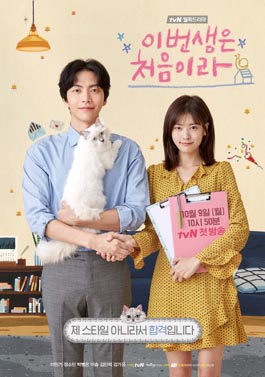

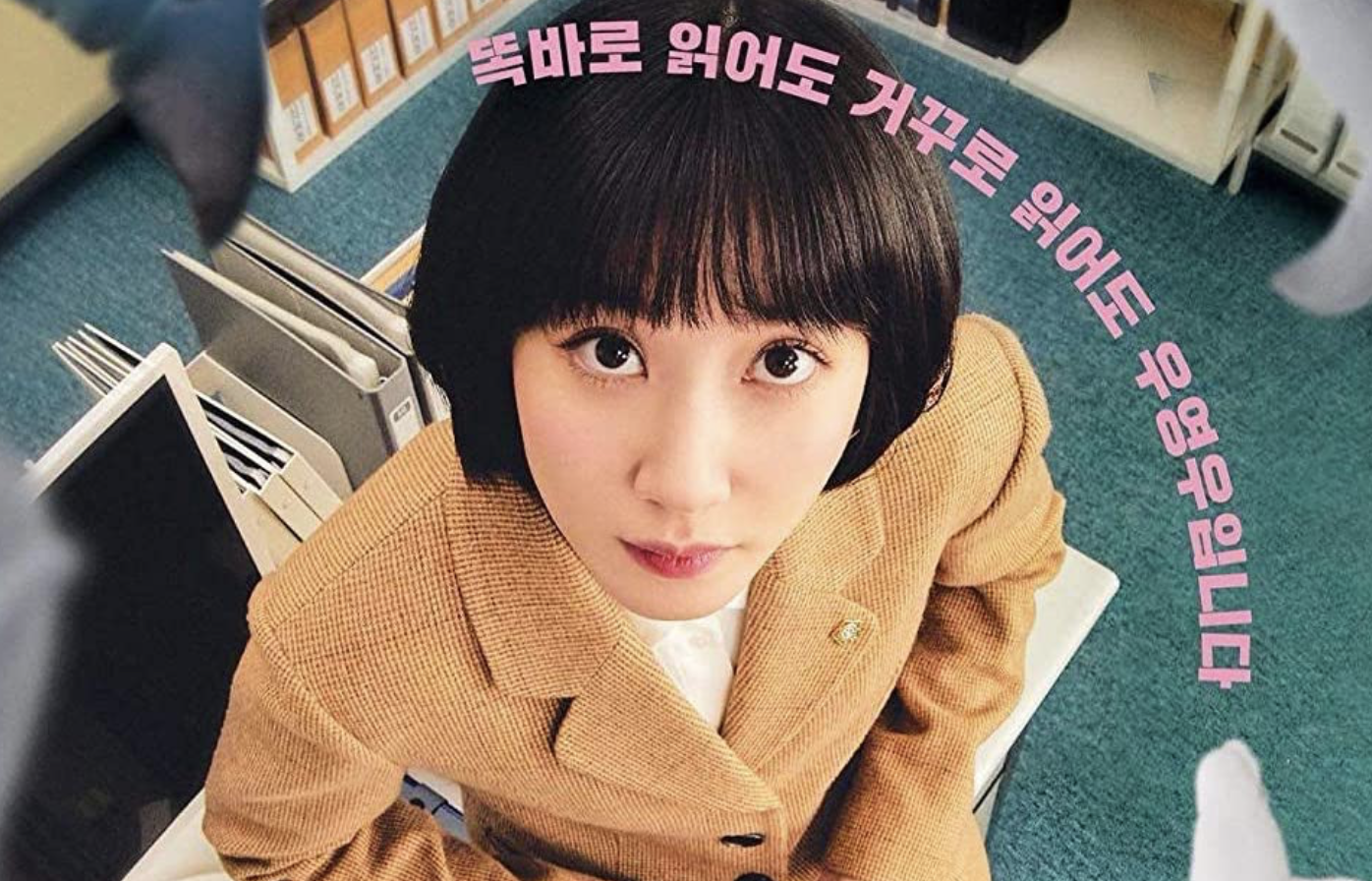
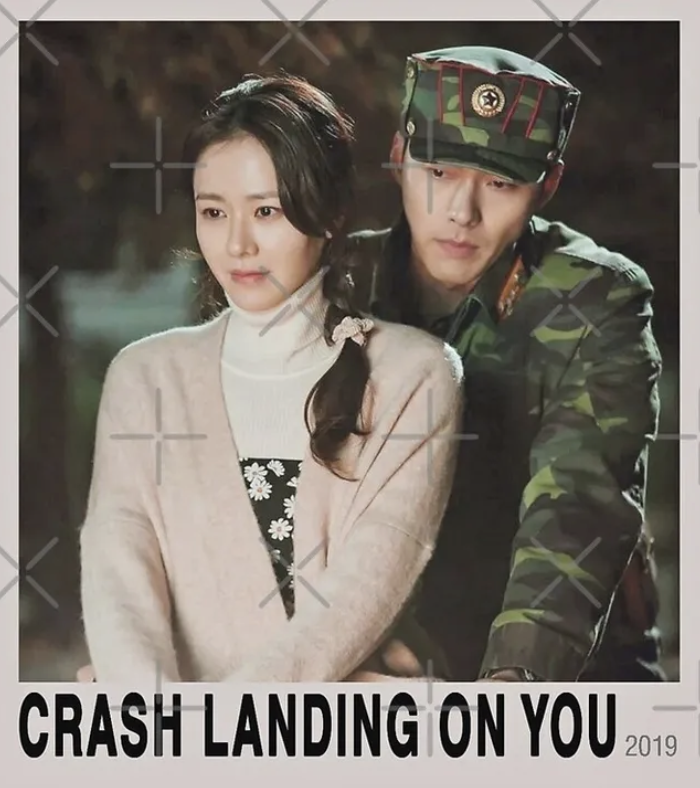

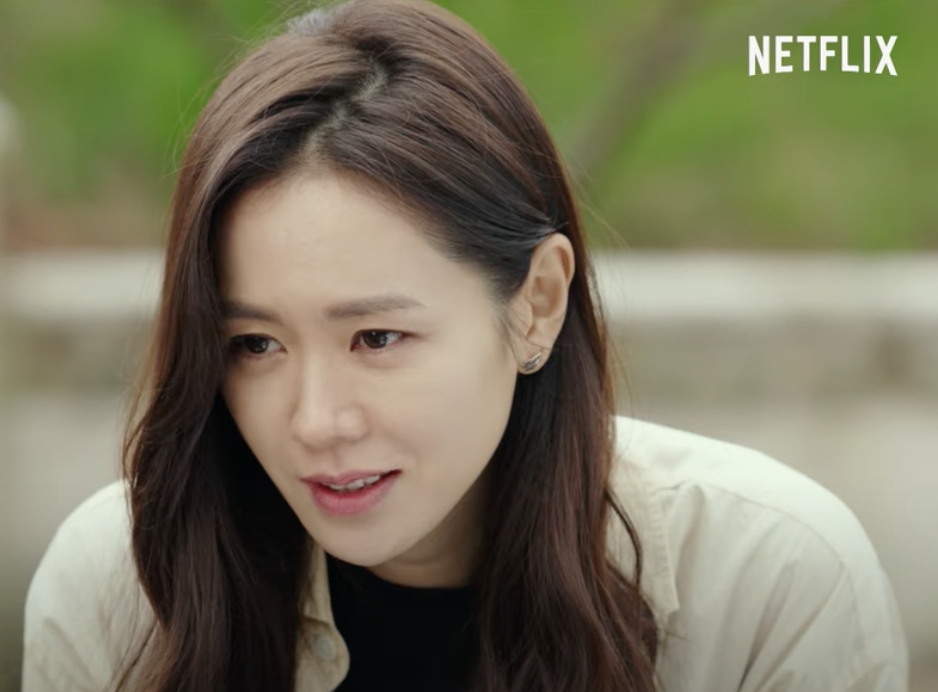
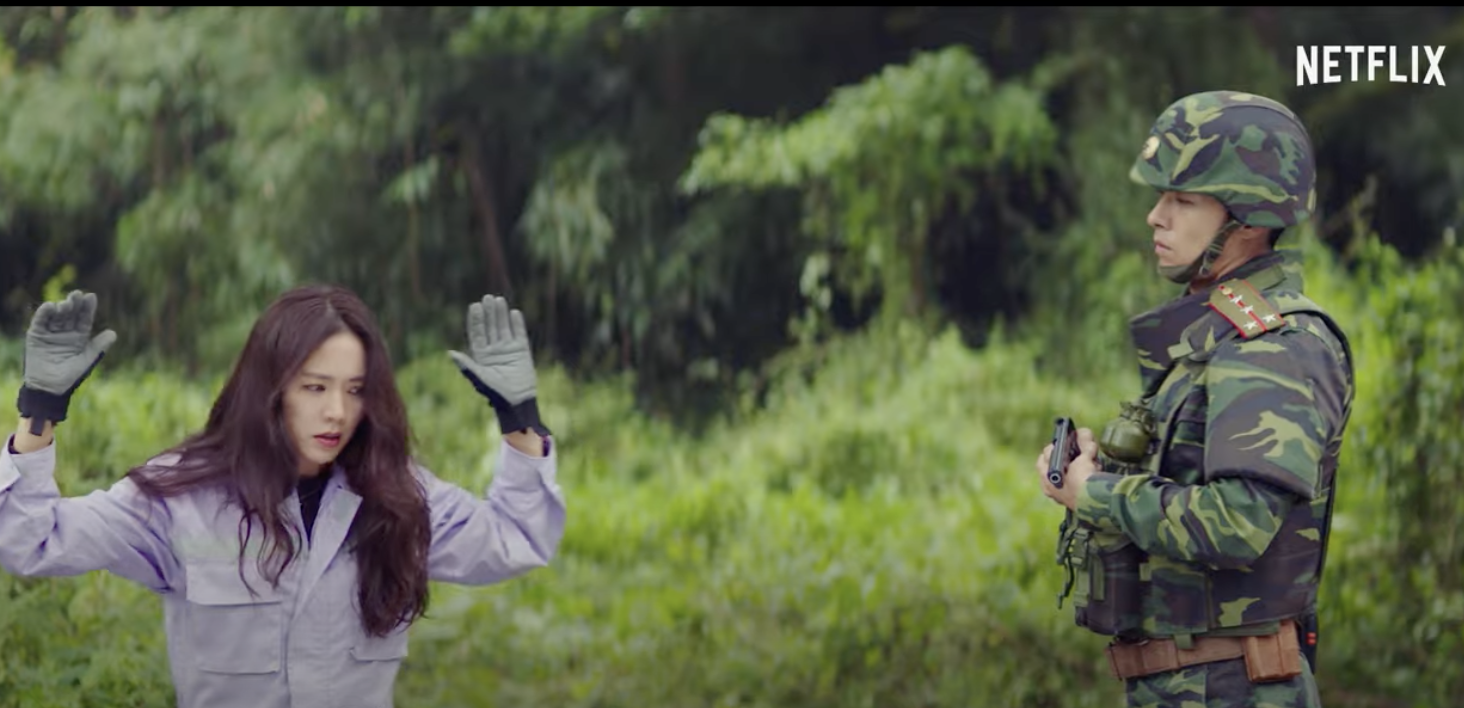

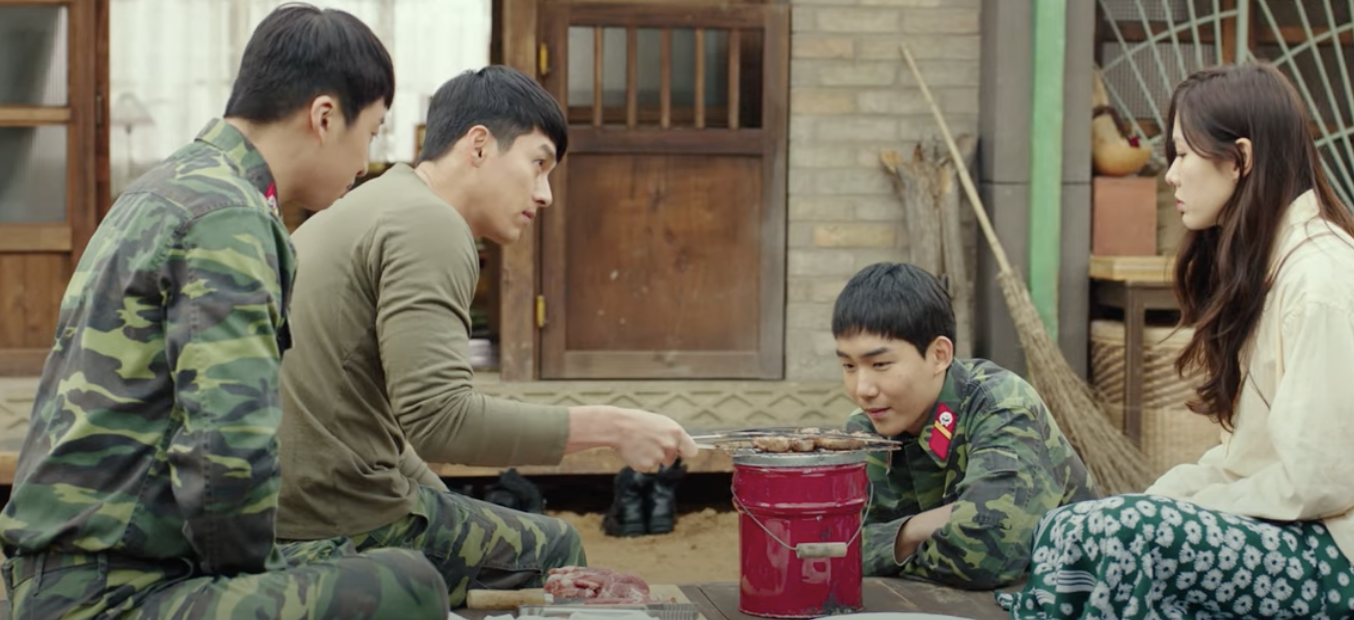
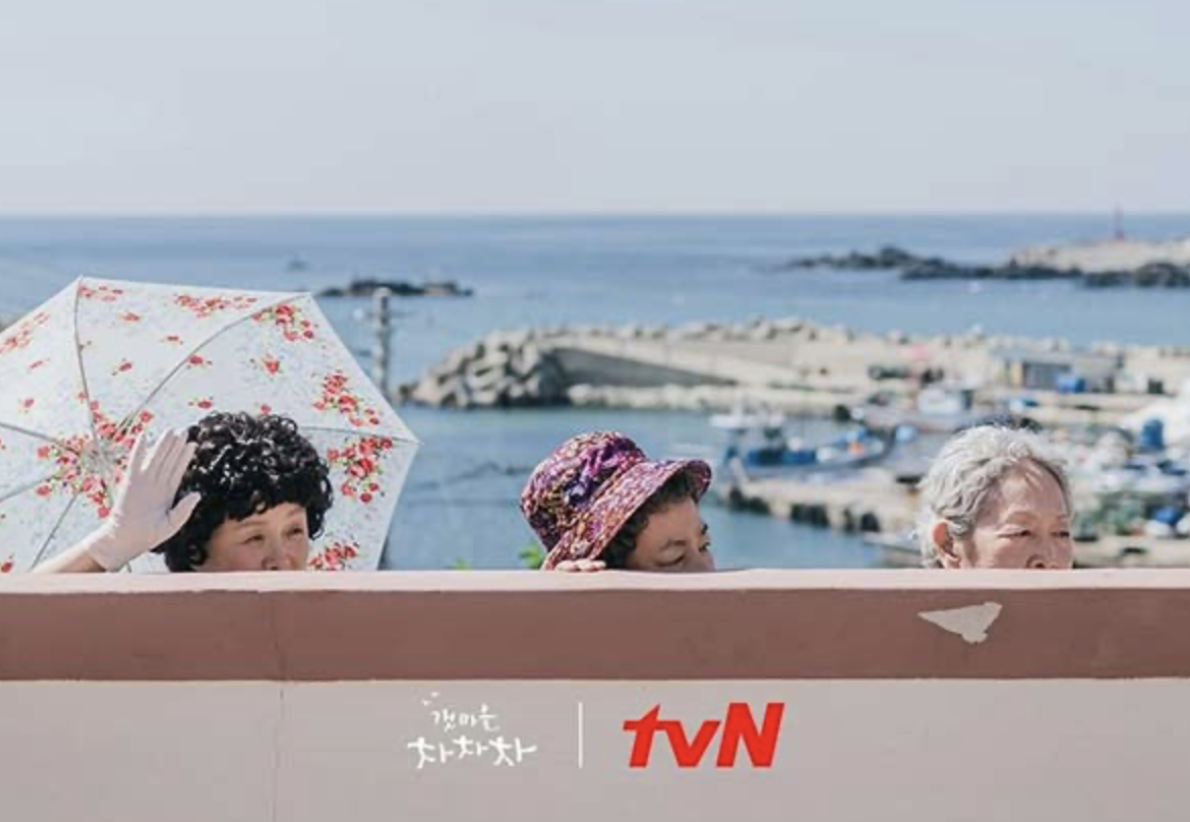
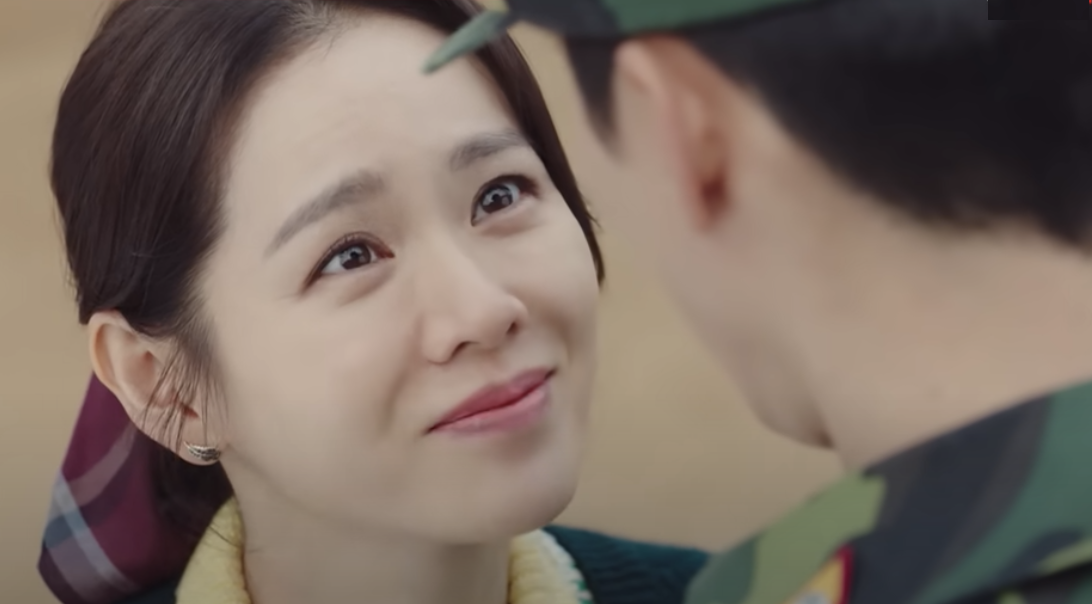
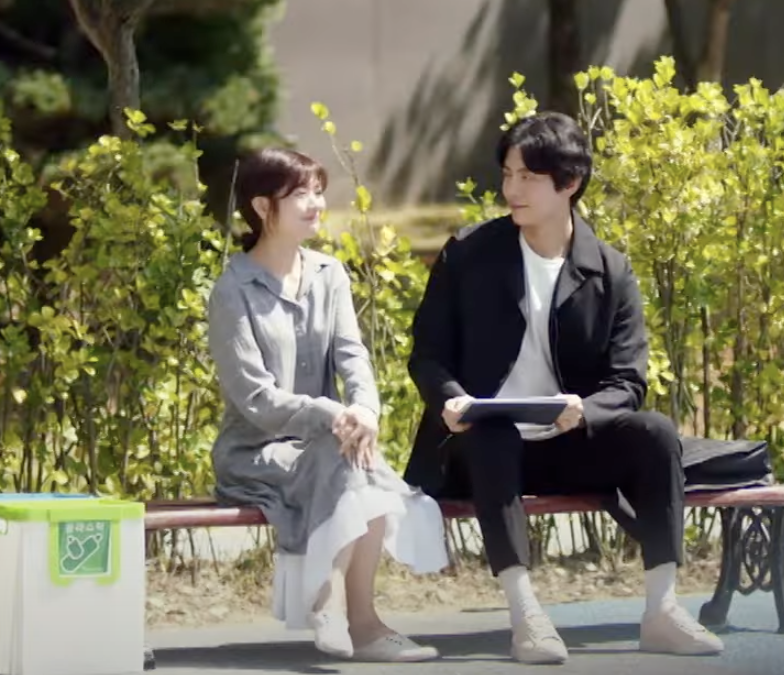


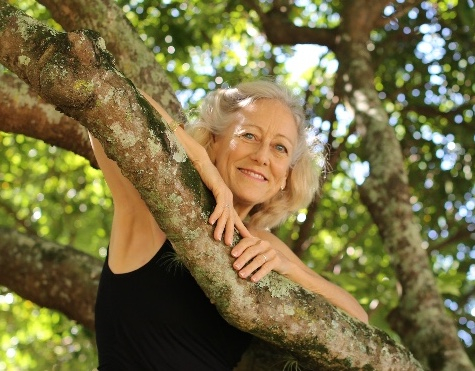
Renée Tillotson
Renée Tillotson, Director, founded Still & Moving Center to share mindful movement arts from around the globe. Her inspiration comes from the Joy and moving meditation she experiences in the practice of Nia, and from the lifelong learning she’s gained at the Institute of World Culture in Santa Barbara, California. Engaged in a life-long spiritual quest, Renée assembles the Still & Moving Center Almanac each year, filled with inspirational quotes by everyone from the Dalai Lama to Dolly Parton. Still & Moving Center aspires to serve the community, support the Earth and its creatures, and always be filled with laughter and friendship!

Get the Still & Moving App
This post is also available in: 日本語 (Japanese)


